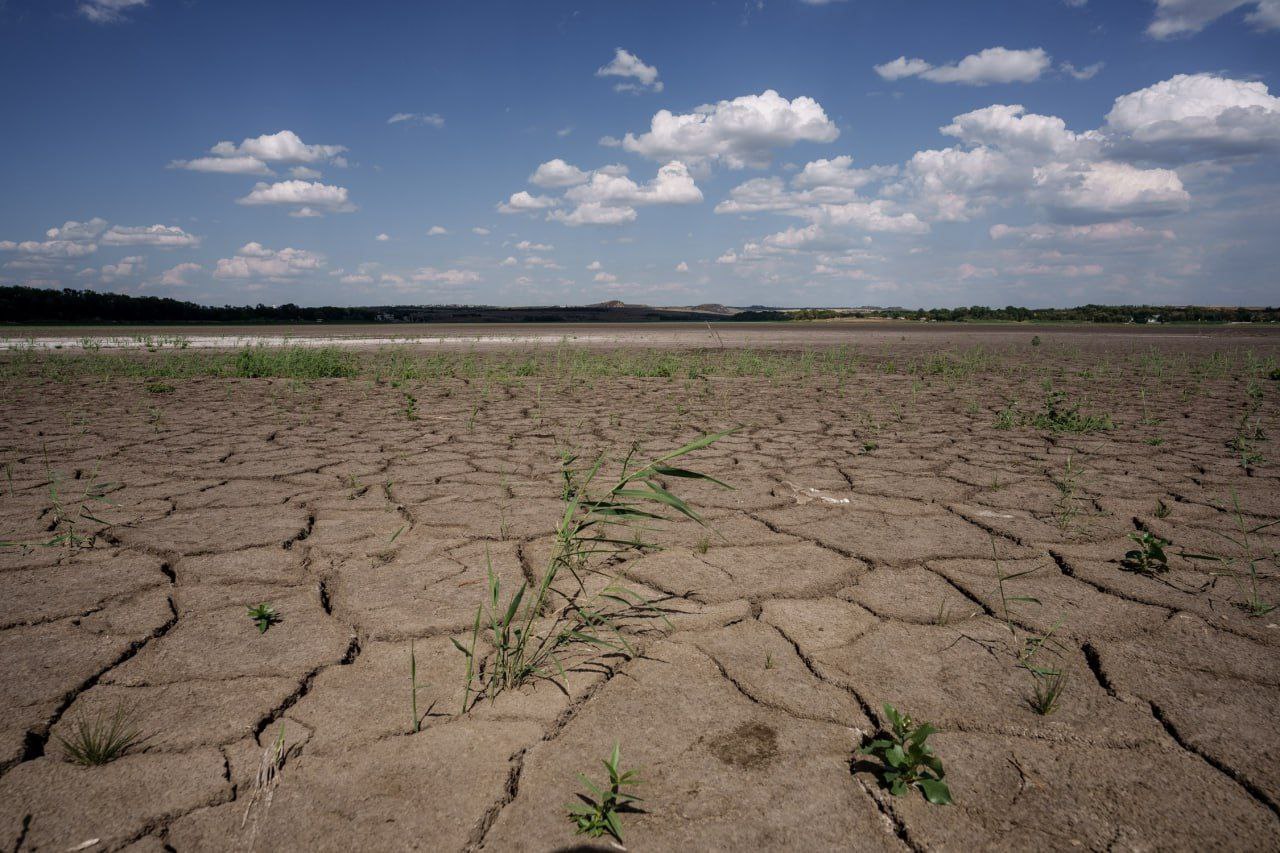Ukrainians suffer from dehydration and violence. In Donetsk Oblast, residents face catastrophic water shortages, with no supply to homes for up to three days at a time, 24 Channel reports.
Russia is transforming occupied Ukrainian regions into military bases. Moscow troops use Donetsk and Luhansk oblasts to build up combat units, establish fortified positions, and organize logistics hubs. Meanwhile, from occupied Crimea, Russian forces continue to launch missiles and drones at other Ukrainian cities.
Military expert Roman Svitan explains that water was once pumped from the Khanzhonkivske Reservoir to Donetsk, and from there it was distributed across the region. But Russians destroyed the facility back in 2022. The pumps capable of moving millions of tons of water were completely demolished. This was the water that sustained all of Donbas, all the way to Mariupol.
Russians also supplied civilians with technical water, primarily used in steel plants. As a result, the region’s main water artery, the Khanzhonkivske Reservoir, has now completely dried up.
As the situation in Donetsk becomes critical, many settlers from Russia are simply returning home. Sadly, Ukrainians who remain in the occupied territories will be forced to continue struggling for survival, Svitan adds.
“Today, genocide is being carried out not only through weapons but also through dehydration. This is a war crime for which Moscow must stand trial at the International Court,” he claims.
These are not the only crimes committed by Russian forces in the region. In one shocking incident in Donetsk, Russian soldier Azat Sufiyanov from Bashkortostan broke into an elderly woman’s home, brutally beat her, and attempted to rape her. The man has a criminal record and had deserted his military unit.
In 2023, Russian forces destroyed the Kakhovka Reservoir, including the dam of the Kakhovka Hydroelectric Power Plant. This act has been recognized as a terrorist attack and the largest environmental crime to date, triggering a man-made disaster of global scale.
The destruction of the dam released more than 18 cubic kilometers of water, causing massive flooding in dozens of settlements, including the city of Kherson, and leading to the deaths of thousands.
Read also
-
What rose from bottom of Kakhovka Reservoir after Russia’s dam blast?
-
Russian soldiers who looted Nova Kakhovka residents vanish as pro-Ukrainian partisans strengthen their network in Kherson Oblast
-
Russians in Crimea pack up as relentless sound of air alerts and sight of tanks become their new reality

